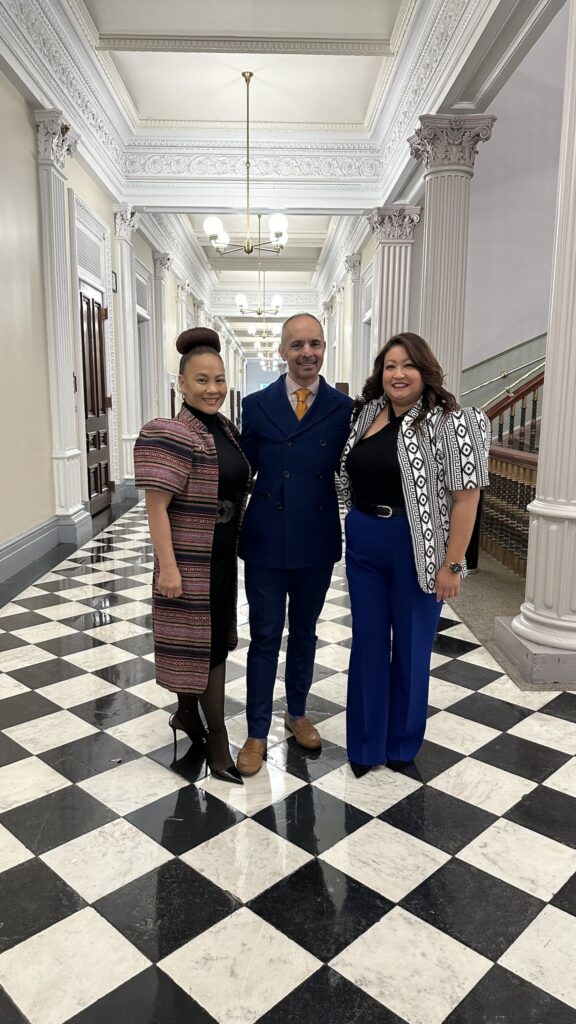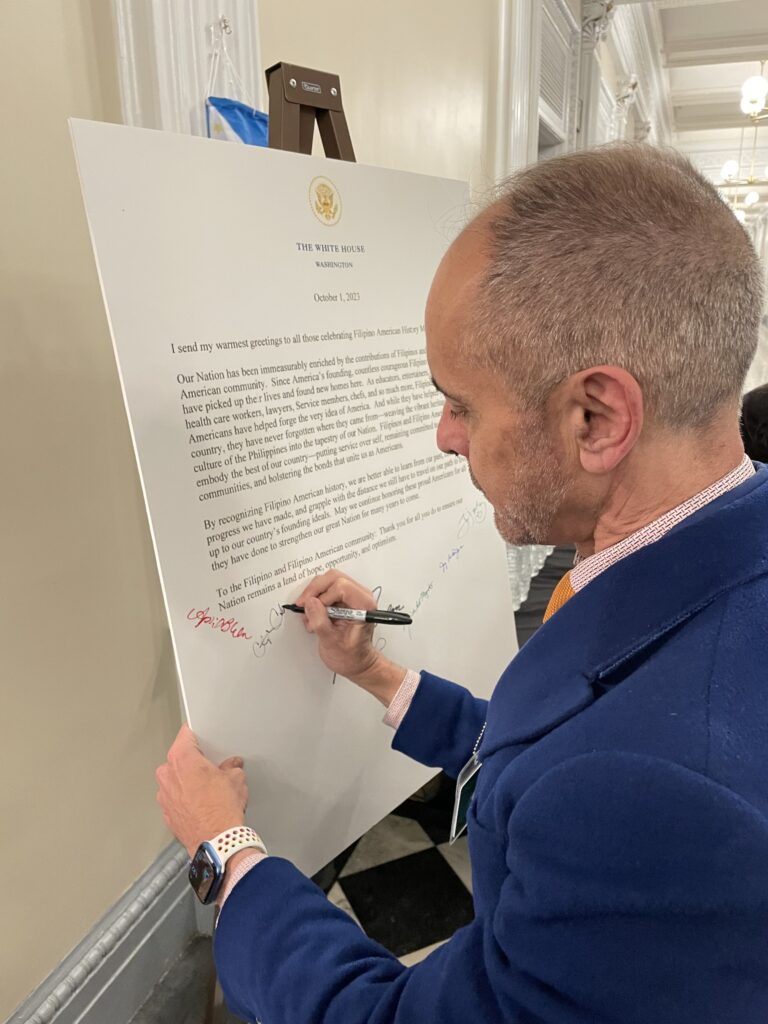President Barack Obama hosted the first-ever White House observance of Filipino American History Month, and asked me to lead the event’s panel on education. This past Tuesday, President Biden’s White House assembled 100 leaders from across the country to commemorate Filipino American History Month. Our district is home to many of the nation’s largest Filipino American communities, and I’ve served as the dean of our country’s Filipino American mayors. So I was proud to represent Northern California at this momentous occasion to honor and celebrate the rich history and numerous contributions of the Filipino American community.
That a young Irish-German woman from a small Iowa town was asked to become director of the Filipino Community House of Chicago as World War II raged encapsulates the rich story of America’s immigrants welcoming America’s next immigrants. I know, because this is my own family’s story.
Leona couldn’t have imagined the unexpected journey that America would take her on as she made her way from West Liberty, Iowa, to Davenport, the big city down the highway. She earned her wages playing piano at the five-and-dime store, when a young Filipino student from the local chiropractic college started coming in to sing with her. The unlikely singing couple got married, and soon my grandmother was born.
The Great Depression meant few had the money for elective spinal manipulation, so the family moved to Chicago to start another new life. Leona took over management of the Filipino Community House and the Manila Café. There her daughter—my grandmother—met a young man, Al, who had immigrated from the Philippines, which was a U.S. territory. He joined the Army and they got married, and my father was born at Fort Ord at the height of WWII.
After discharge, the family moved to California, home to the largest Filipino population outside of the Philippines. Here, they might work the fields during harvest and then operate the local soda fountain and pool hall in the Little Manila district. They faced hatred, ignorance, and discrimination—“No Filipinos Allowed” signs littered cities right here in California—but the fight for justice and the networks of belonging gave them the chance to achieve America’s promise.
Those fights and struggles led to this week’s White House celebration. I’m proud to have helped win historic victories for Filipino veterans, launch Tagalog and Filipino American studies curricula at public colleges and university, and mentor emerging leaders who would go on to become Attorney General and mayors of dozens of cities like San Diego. Thank you President Biden and Vice President Harris for putting representation at the center of your Administration—and the White House!


